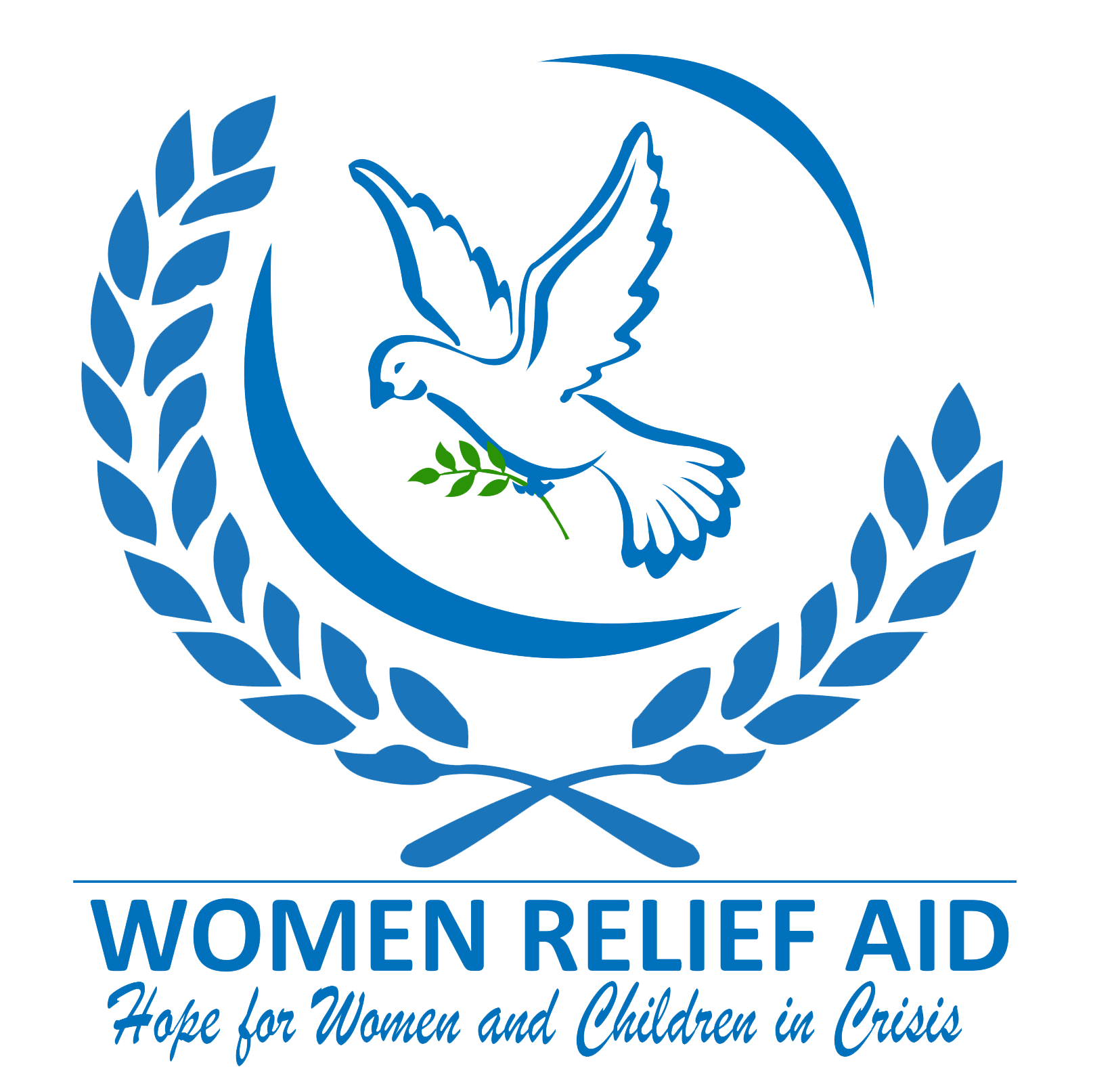The palliative care services and programs are much needed in South Sudan based on the fact that more than 85% of children in South Sudan die at home without seeing a health worker due to limited access health care services in the region. The prolong and continue war has interrupted all health service system and its operation. Thousands of health centres have been burnt down, more government resources in South Sudan is been channelled to finance war weapons (buying guns) leaving out provision of essential basic services to people of South Sudan. Each year there are approximately 166,000 children diagnosed worldwide; 84% are from developing countries. Each year there are at least 80,000 children’s deaths from cancer, while HIV/AIDS is responsible for 332,000 children’s deaths in Africa.
In South Sudan, the majority of people living in rural areas are very poor with low-income levels and poor living conditions. Thus, they cannot afford or access quality palliative care services; this has been also attributed to current COVID-19 pandemic and persistent and continued civil wars. The COVID-19 pandemic has worsened health services conditions in the region. More government and health development partners’ resources are being used to fight COVID-19 and thus widened the gap to fight against other diseases like palliative care issues. With such economic impoverishment, most patients report late for examination due to lack of money for medical treatment and cannot afford transport to referral health centres. While in referral hospitals and other health centres, their children miss attending schools.
The project has implemented one project to increase palliative care service access to 300 children and teenagers in the rural and remote areas of Eastern Equatoria State of South Sudan where paediatric and young health care services are limited. This was achieved through providing holistic palliative care services to patients and their families aimed at improving quality of life. This project ensured that all children with palliative care problems have access to essentials drugs. The project contributed to the overall goals and aspirations of SDGs and WHO palliative care goal including improved health, empowerment of women and enhanced life of children while combatting COVID-19 spread in the project area.
WRA continue to supply human drugs and equipment to community health facilities across the country to improve health system in the region.
